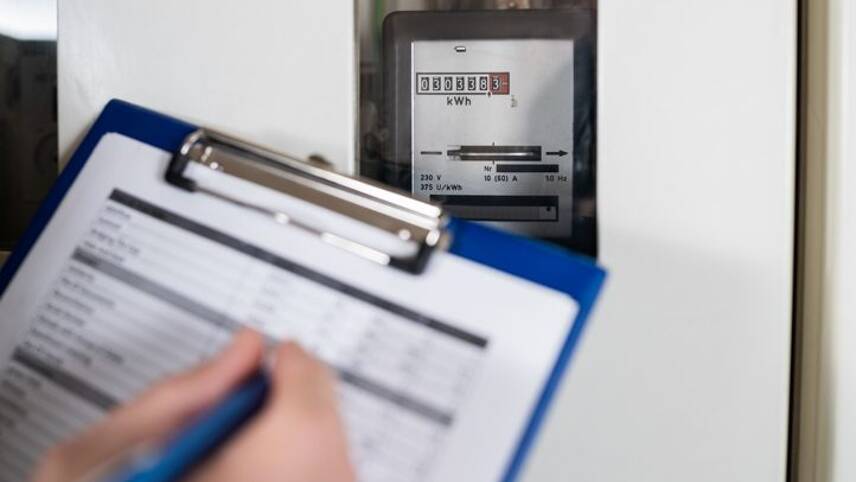Register for free and continue reading
Join our growing army of changemakers and get unlimited access to our premium content

ESOS
The Energy Savings Opportunity Scheme (ESOS) is a mandatory energy assessment scheme for organisations in the UK that meet the qualification criteria. If you qualified for Phase 2 or your business employs more than 250 people, has an annual turnover more than £44m and an annual balance sheet total in excess of £38m, you should be reporting your ESOS findings. Your report will also highlight any energy saving recommendations as a starter for your business.
LEVY EXEMPTION SCHEMES
Environmental charges currently account for around 36% of your electricity bill and 10% of your gas bill. There are several environmental schemes in place including Climate Change Levy (CCL), Contracts for Difference (CfD), Renewable Obligation (RO) and the Feed-in-Tariff (FiT) to encourage businesses to invest in renewable generation and energy-efficient technologies. The costs associated with funding these schemes are recovered through environmental levies.
SECR
Streamlined Energy and Carbon Reporting (SECR) requires obligated companies to report on their energy consumption and associated greenhouse gas emissions.
SECR is enforced by the department for Business, Energy, and Industrial Strategy (BEIS) and targets businesses who consume more than 40,000 kWh of energy per year, with two or more of the following:
- > A turnover (or gross income) of £36m
- > Balance sheet assets of £18m
- > 250 employees
Your net zero journey can be supported by SECR, as it provides insight into your business’s energy usage. Many businesses have started to comply with SECR voluntarily to demonstrate their sustainable commitment and use their disclosures as a launch pad.
REVENUE RECOVERY
Business energy bills are complex and it can be time consuming to effectively recognise whether your business is being billed correctly. This may result in undercovering significant refunds.
There are several explanations for miscalculated charges and billing errors. Businesses can recover incorrect charges for up to the past six years. Using a consultancy to review your historical billing data means errors can be identified and recovered on your behalf, with the potential to receive a significant refund.
THE BOTTOM LINE: FINANCE STANDS READY TO SUPPORT THE NET ZERO TRANSITION
If your business is looking to reduce consumption and decarbonise to support the UK’s net zero goals, these schemes, solutions, and obligations are just some of the ways in which your business can unlock funds that would have otherwise been spent on your energy bill.



Please login or Register to leave a comment.